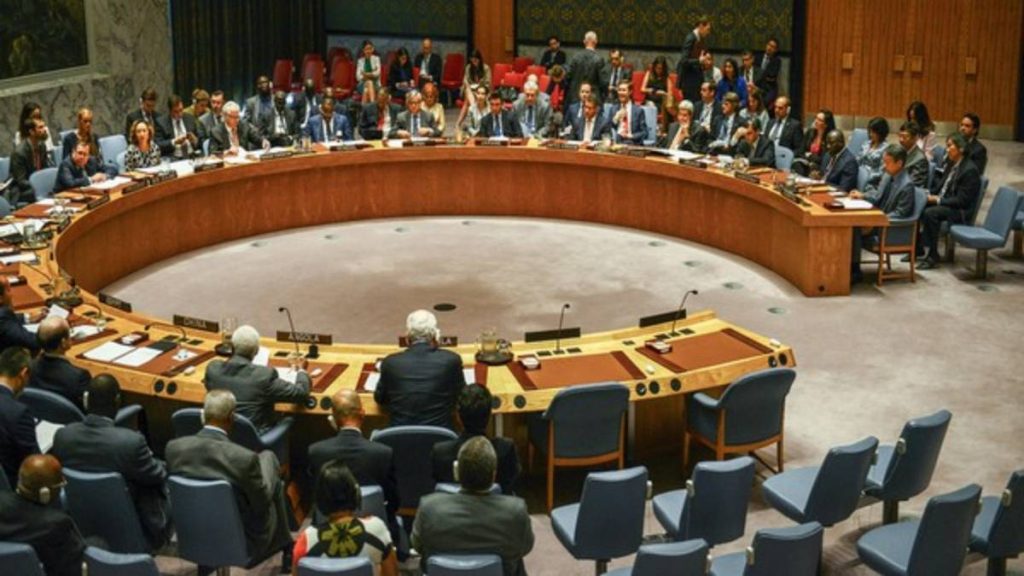Pakistan faced tough scrutiny at a closed-door United Nations Security Council (UNSC) session on Monday, as its attempts to pin the April 22 Pahalgam terror attack on India through a “false flag” narrative failed to gain traction among Council members.
According to sources cited by ANI in New York, UNSC members raised probing questions directed at Pakistan during the informal consultations convened at its request. The session, held amid heightened India-Pakistan tensions, was not followed by any official statement from the 15-member Council. Greece, which currently holds the UNSC presidency for May, presided over the meeting.
UNSC members reportedly dismissed Pakistan’s unsubstantiated “false flag” claims and questioned the likely involvement of Lashkar-e-Taiba, a banned terror outfit with known links to Pakistani intelligence networks. There was a broad condemnation of the Pahalgam attack, which killed 26 civilians, and an emphasis on the need for holding the perpetrators accountable.
Several members of the Council raised concerns over the targeting of tourists based on religious identity and expressed unease over Pakistan’s recent missile test and nuclear rhetoric. On Monday, Pakistan conducted a training launch of a Fatah Series surface-to-surface missile with a 120-kilometre range as part of its “Exercises Indus,” which many saw as an escalatory move.
Pakistan’s broader effort to internationalize the Kashmir issue also appeared to falter. According to sources, multiple UNSC members advised Islamabad to resolve its differences with India through bilateral dialogue rather than through international forums.
Meanwhile, tensions between the two countries continue to spill over into other domains. Pakistan’s crucial Chenab River water levels dropped sharply on Monday, from 35,000 cusecs to just 3,100 cusecs at the Marala headworks, as reported by Dawn News. The reduction follows India’s decision to place the Indus Waters Treaty in abeyance in response to the terror attack.
In a further diplomatic blow, Lufthansa Airlines announced the suspension of its operations through Pakistani airspace. This came shortly after India’s Ministry of Civil Aviation issued a NOTAM (Notice to Airmen) on April 30, closing Indian airspace to all Pakistani-registered or operated aircraft—including military planes—until May 23.
As international pressure mounts and Pakistan’s narratives falter, the UNSC proceedings underscored a growing consensus against terrorism and a rejection of efforts to deflect accountability.
